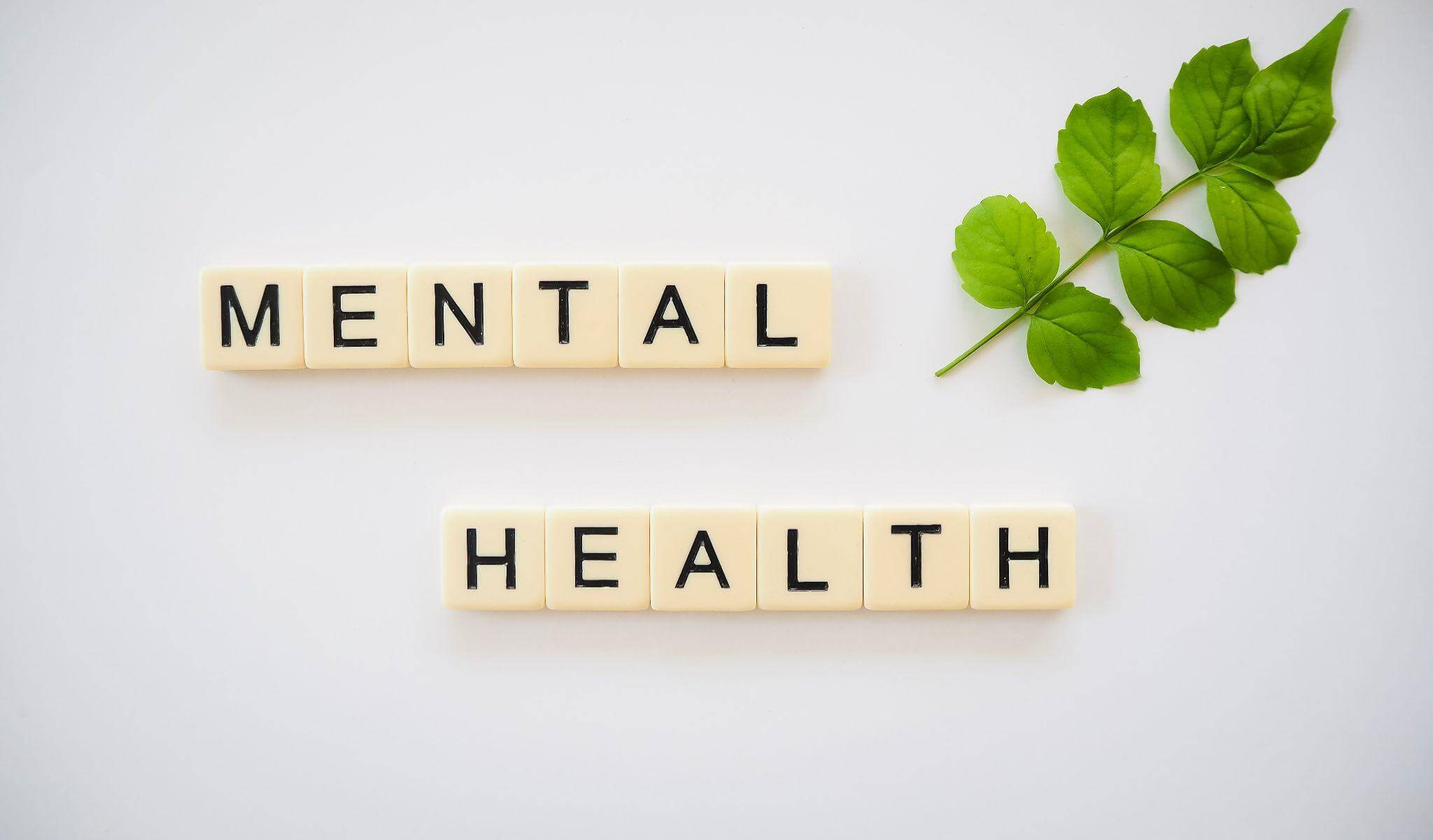Highlights
- Escitalopram, better known by the brand name Lexapro, is a prescription medication used to treat depression, anxiety, OCD, PTSD, and other mental health conditions.
- Escitalopram is an SSRI, which works by increasing the availability of serotonin in the brain.
- Like all medications, escitalopram can have side effects, some of which may be severe.
- If you’re considering taking an antidepressant, talk to your doctor about Lexapro’s positive and negative effects.
Depression, anxiety, and other mental health conditions can have a tremendous impact on your ability to enjoy daily life. For some people, a combination of therapy, lifestyle changes, and medication can help restore balance. Escitalopram (also known as Lexapro) is one of the most popular antidepressants on the market today, helping millions of Americans enjoy life to the fullest. Learn about Lexapro and how you can manage your mental health.
What Is Escitalopram and What Is It Used For?
Escitalopram, commonly recognized by the brand name Lexapro, is an selective serotonin reuptake inhibitor (SSRI) that was approved by the FDA in 2002. This medication has been shown to be very effective, so it has quickly become a first-line medication for people managing depression and anxiety.
Besides its primary prescribed uses, escitalopram has several off-label uses for conditions like obsessive-compulsive disorder (OCD), post-traumatic stress disorder (PTSD), premenstrual dysphoric disorder (PMDD), panic disorder, and more. The term “off-label” means these uses are not officially approved by the FDA, and effectiveness for these conditions can vary.
How Does Escitalopram Work?
As an SSRI, escitalopram works by increasing the brain’s levels of serotonin and supporting mental health balance on a chemical level.
Serotonin is a neurotransmitter that plays a key role in mood regulation, emotion, and the stress response. After it sends signals to the brain, it is reabsorbed in a process called reuptake.
By preventing serotonin reuptake from happening too quickly, escitalopram helps keep a higher level of this chemical available in the brain. For people who have an imbalanced serotonin level due to depression or anxiety, SSRIs lead to improved mood and a less-intense response to stress.
Escitalopram Dosage and Administration
Escitalopram is typically available in tablet form in 5, 10, or 20 milligram dose strengths. The exact dosage of escitalopram can vary based on your condition, response to the medication, and other factors. Most doctors prefer to start this medication at a lower dose and adjust based on individual reactions.
Note that the dosage regimen above is a general guideline; only a healthcare provider can determine the appropriate dosage for an individual.
How Should I Take Escitalopram?
If escitalopram is part of your treatment plan, be sure to take your medication exactly as your doctor prescribes. You can take this drug with or without food. However you choose to take escitalopram, be sure to take it at the same time(s) every day to maintain the necessary level of medication in your body.
Don’t suddenly stop taking Lexapro; this could lead to uncomfortable withdrawal symptoms or worsened depression.

What Are the Potential Side Effects of Escitalopram?
Like all medications, escitalopram may have side effects, some of which can be serious. This list is not complete, and you may experience different symptoms depending on your health conditions, medications, and other factors.
Speak with your doctor about Lexapro and all the side effects you experience so you can understand the benefits of your medications and balance your treatment plan.
Common Side Effects
- Nausea
- Headache
- Dry mouth
- Fatigue
- Insomnia
- Dizziness
- Sweating
- Increased appetite and weight gain
- Changes in sexual desire or ability
Less Common But More Serious Side Effects
- Suicidal thoughts or actions, especially among young adults
- Fast or irregular heartbeat
- Severe allergic reactions
- Hyponatremia (low sodium levels)
- Abnormal bleeding
- Seizures
What Should I Avoid When Taking Escitalopram?
- Some people experience dizziness or drowsiness when taking escitalopram, so you shouldn’t drive or operate heavy machinery until you know how this medication affects you.
- Escitalopram can intensify the effects of alcohol, so it’s recommended to reduce or avoid alcohol while taking this medication.

What Should I Do If I Miss a Dose of Escitalopram?
It’s important to maintain the same level of medication in your body, so if you miss a dose, take it as soon as you remember. If it’s almost time for your next dose, skip the missed dose and resume your regular schedule. Don’t take an extra dose to make up for a missed one.
What Should I Do If I Overdose on Escitalopram?
Overdose can lead to a wider range of symptoms, including serotonin syndrome, a potentially life-threatening condition characterized by symptoms such as high fever, agitation, increased reflexes, tremor, sweating, dilated pupils, and diarrhea. This condition requires immediate medical attention.
Other symptoms of an overdose can include:
- Drowsiness
- Tremor or shaking
- Nausea
- Vomiting
- Fainting
- Seizures
What Precautions Should I Take With Escitalopram?
Before taking escitalopram, speak with your doctor and follow these special precautions:
- Allergy and ingredient check. Inform your doctor if you’re allergic to escitalopram, citalopram (Celexa), or any ingredients in escitalopram.
- Monoamine oxidase inhibitor (MAOI) caution. Before taking escitalopram, disclose if you’ve taken MAOIs like isocarboxazid or phenelzine in the last two weeks.
- Medication review. Discuss all medications you’re taking or plan to take with your doctor, including any changes while on escitalopram. Do not take escitalopram with citalopram because they are similar SSRIs. Inform your doctor about any nonprescription drugs or herbal products you’re using, such as aspirin, ibuprofen, naproxen, St. John’s wort, or tryptophan.
- Discuss your health history. Tell your doctor about any conditions like low sodium levels, alcohol or drug use history, recent heart attacks, bleeding problems, seizures, glaucoma, or liver, kidney, or heart disease.
- Pregnancy and breastfeeding caution. If you are pregnant, planning to become pregnant, or breastfeeding, discuss it with your doctor. Escitalopram can be used during pregnancy if the benefits outweigh the risks, but there is a potential risk for neonatal adaptation syndrome if used late in pregnancy.
- Breastfeeding caution. Escitalopram is generally considered safe for breastfed infants, but the decision should be made after a careful risk-benefit analysis by a healthcare provider.
- Surgery notification. Let your doctor or dentist know you’re taking escitalopram if you have any surgery planned, including dental procedures. This medication can affect the way anesthesia works.
- Learn about escitalopram’s effects. Be sure you discuss all side effects with your doctor. Understand that this medication can cause drowsiness and impair your judgment.
- Risk of glaucoma. Escitalopram may cause or worsen angle-closure glaucoma. Consider having an eye exam before starting this medication, and seek immediate medical help if you experience symptoms like eye pain or vision changes.

Contraindications of Escitalopram
Some people should not take escitalopram. Others should use it with caution under close medical supervision.
Keep in mind that these lists are general guidelines. In special cases, doctors may feel the benefits of taking a particular medication outweigh the risks, so if you are in one of these groups, talk to your doctor about your personal situation.
Who Should Not Take Escitalopram?
This medication is not for everyone. The following groups of people are advised against taking this medication:
- Individuals with known allergies to escitalopram or its components
- Those currently taking or have recently taken an MAOI
- People with serious bleeding problems or a history of certain heart conditions
- People with severe kidney or liver disease
- People with low sodium
Who Should Take Escitalopram With Caution?
The following groups of people should only take escitalopram with caution:
- People with a history of bipolar disorder
- Individuals with mild to moderate liver or kidney issues
- Those with a history of seizure disorders
- People with glaucoma
- People with a history of alcohol or substance abuse
Are There Any Other Potential Drug Interactions With Escitalopram?
Escitalopram can interact with a wide range of medications and some supplements. The severity of the interaction can vary greatly depending on the specific drugs involved.
Some of the most common types of interactions to be aware of include:
- Other antidepressants: Combining escitalopram with other antidepressants, particularly monoamine oxidase inhibitors (MAOIs), can significantly increase the risk of a serious condition called serotonin syndrome. This is why it’s crucial to inform your doctor about any other antidepressants you’re taking before starting escitalopram.
- Blood thinners: Escitalopram can increase the risk of bleeding when taken with blood thinners like warfarin or dabigatran.
- Medications that affect heart rhythm: Certain medications, such as pimozide and some arrhythmia medications, can interact with escitalopram and increase the risk of abnormal heart rhythms.
- St. John’s Wort: This herbal supplement can interact with escitalopram and potentially lead to serious side effects.
- Alcohol: Alcohol can worsen some of the side effects of escitalopram,
For a complete list of drugs that are known to interact with this medication, visit the Drugs.com Drug Interaction Checker.
No list of potential drug interactions is complete, so let your provider know if you experience any new or unusual symptoms after taking this medication.

Escitalopram/Lexapro Can Help Balance Your Mental Health
More than 13% of American adults use antidepressants, and in just over twenty years, Lexapro’s ability to make a positive impact on quality of life has made it one of the most prescribed depression medications today. If you’re considering taking escitalopram, be sure to balance both the benefits and the side effects. Talk to your doctor about all your options so you can develop a safe and effective treatment plan that works for you.
Get the Lowest Price for Escitalopram With BidRx
If your doctor has prescribed Lexapro or the generic escitalopram, you can find the best price with BidRx. Let pharmacies compete for your business, then choose the price that works best for your budget. You can have your prescription available for pickup or delivered straight to your door, depending on the offer you choose. Start with a free account and create your bid today!
This information is intended for general informational purposes only. It is not a substitute for professional medical advice, diagnosis, or treatment. Always seek the advice of your physician or other qualified health provider with any questions you may have regarding a medical condition or medication.
